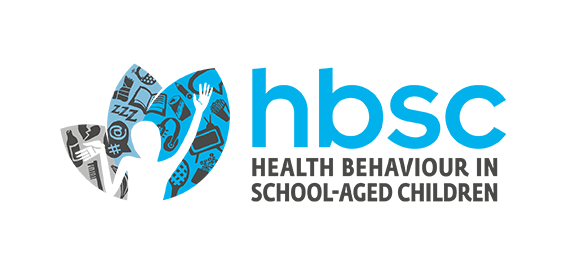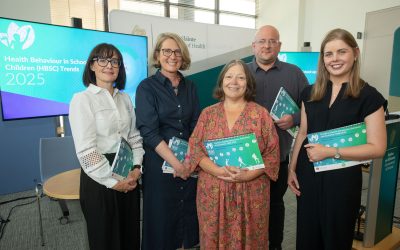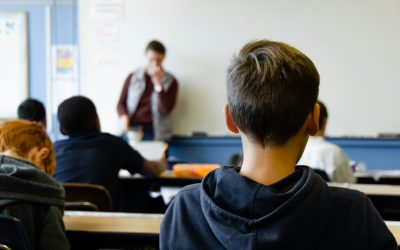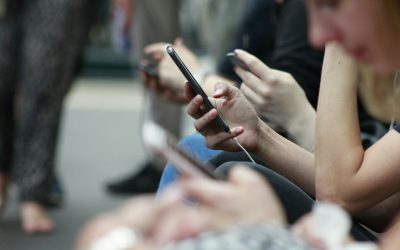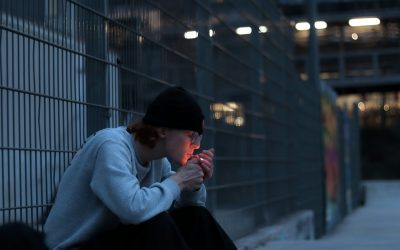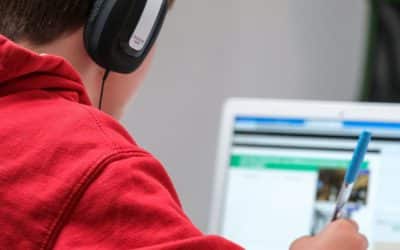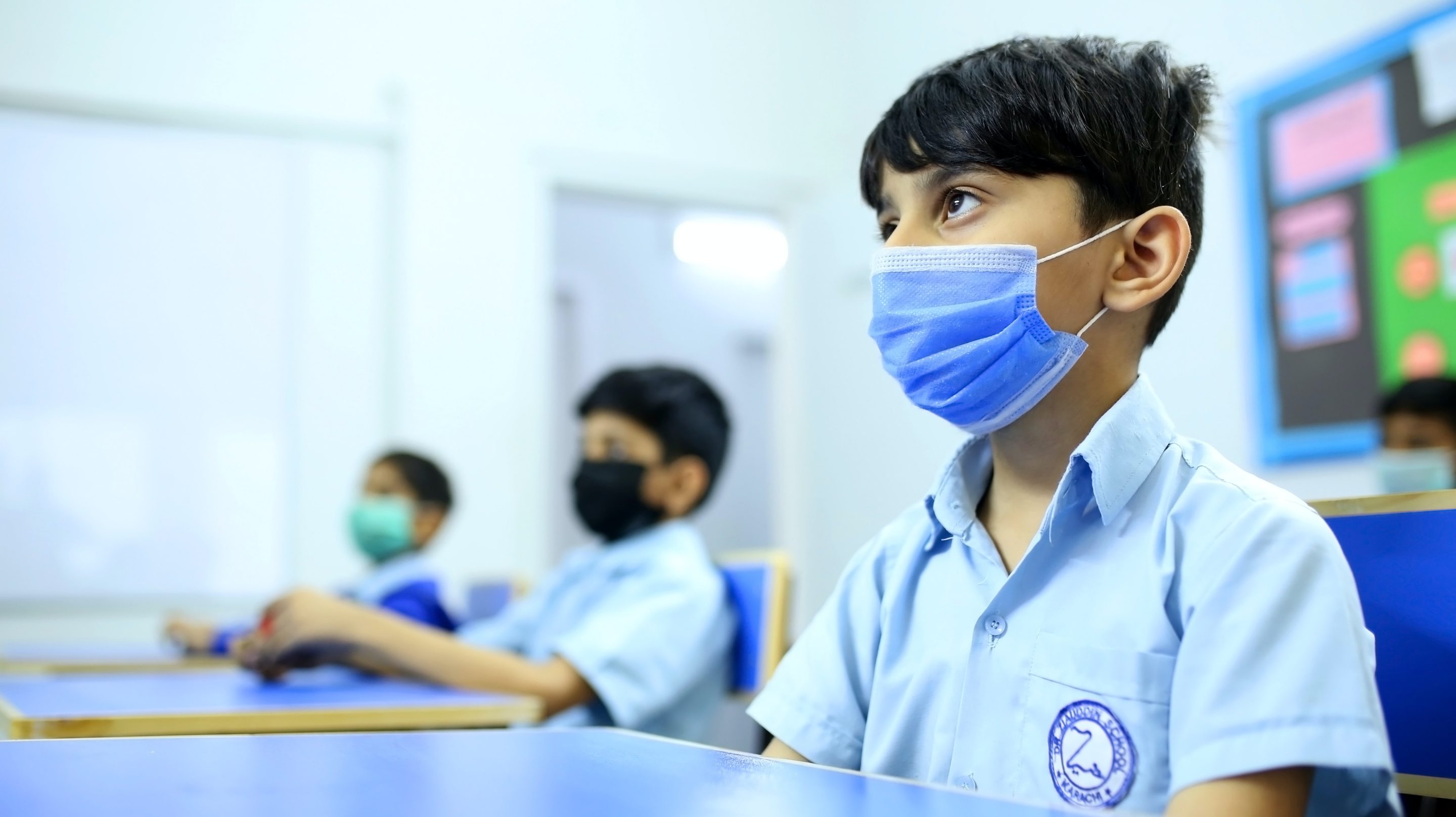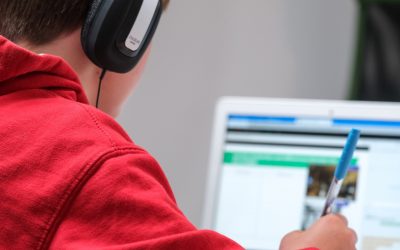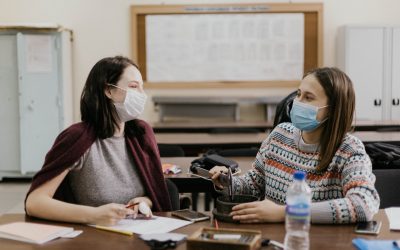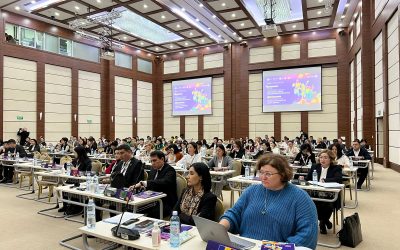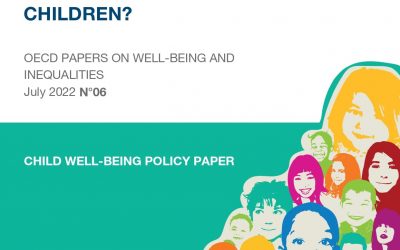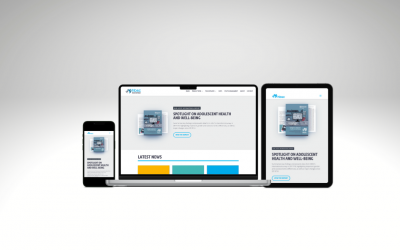NEWS
Latest HBSC results from Spain reveal changing patterns in adolescent health and well-being
Findings from the latest HBSC survey in Spain offer a detailed look at how adolescents’ lives, health, and well-being have evolved. In 2022, more than 33,000 students aged 11 to 18 across Spain took part in the survey, making this the largest national sample to date.
HBSC Ireland report highlights major trends in adolescent health and wellbeing over 25 years
The newly released HBSC Ireland Trends Report marks a milestone in adolescent health research, presenting a detailed picture of how the health and wellbeing of school-aged children in Ireland have evolved between 1998 and 2022. Drawing on the responses of thousands of Irish young people, the study highlights both encouraging trends and persistent challenges, offering important lessons for policymakers, educators, and families across the country and beyond.
Czech adolescents face growing sleep deficit, new HBSC data reveals
New data from the HBSC study in Czechia shows a concerning decline in adolescent sleep, with average weekday sleep duration falling below eight hours for the first time. Nearly half of Czech adolescents fail to meet recommended sleep guidelines, with “social jet lag” affecting up to 55% of 15-year-olds. Later bedtimes and increased screen time are key factors behind this growing sleep deficit.
New WHO/HBSC report highlights troubling trends in adolescent support systems
New findings from the HBSC 2021/2022 survey reveal concerning trends in adolescent social support across Europe, Central Asia and Canada. Data from nearly 280,000 young people aged 11, 13 and 15 show that only 68% report high levels of family support – a significant drop since 2018 – while school pressure has increased sharply, particularly affecting adolescent girls.
New WHO/HBSC report sheds light on adolescent digital behaviours across Europe, Central Asia and Canada
A new HBSC report, conducted in collaboration with the WHO Regional Office for Europe, provides crucial insights into adolescent digital behaviours, highlighting both the risks and benefits of social media use and gaming among youth in 44 countries and regions.
New WHO/HBSC report reveals alarming decline in adolescent condom use across Europe, Central Asia and Canada
The WHO Regional Office for Europe has today published a new report from the HBSC study, revealing concerning trends in adolescent sexual health.
New publication from HBSC Netherlands: positive social relationships amidst growing mental health concerns
A newly released fact sheet from the HBSC team in the Netherlands presents a nuanced picture of youth well-being. The findings reveal critical shifts in mental health, substance use, school experiences, and social media use—offering crucial insights to guide the support of young people throughout the Netherlands.
New report sheds light on digital technology use among Italian adolescents
The Italian HBSC team has released a comprehensive report on digital technology use among adolescents, providing crucial insights into the patterns and potential risks associated with social media use and gaming habits.
New WHO/HBSC report finds alarming disparities in diet, exercise, and weight among adolescents
The report highlights unhealthy eating habits, rising rates of overweight and obesity, and low levels of physical activity among young people, all of which are significant risk factors for a range of non-communicable diseases including cardiovascular diseases, diabetes and cancer.
New HBSC Ireland report: alarming trends in youth mental health alongside shifts in substance use and lifestyle habits
A newly released report from the Health Behaviour in School-aged Children (HBSC) team in Ireland paints a complex picture of youth well-being. The findings, published by the team at the University of Galway, reveal a mix of encouraging trends and areas of deepening concern.
New WHO/HBSC report reveals concerning trends in adolescent substance use
A comprehensive analysis of the latest HBSC study data reveals significant insights into adolescent substance use patterns across Europe, Central Asia, and Canada. Published by WHO/Europe, the new report highlights concerning trends that demand attention and targeted preventive action.
New WHO/HBSC report offers in-depth look at bullying and peer violence across Europe, Central Asia, and Canada
The latest report from the Health Behaviour in School-aged Children (HBSC) study, published today by the WHO Regional Office for Europe, reveals critical insights into the prevalence and impact of peer violence and bullying among adolescents.
EnCLASS survey reveals patterns of adolescent substance use in France
The EnCLASS survey, a joint initiative by the ESPAD and the HBSC study in France, offers a comprehensive analysis of substance use among French adolescents. Conducted between March and June of 2022, the survey included over 9,500 students from middle and high schools, providing valuable insights into the evolving patterns of alcohol, tobacco, and cannabis use.
Exploring spirituality as a factor in youth well-being: HBSC study results
Recent research from the HBSC network has brought to light a pivotal aspect of adolescent health – the role of spirituality. The new publication, titled “Establishing spirituality as an intermediary determinant of health among 42,843 children from eight countries,” examines the concept of spirituality through a unique lens, revealing its profound influence on the mental health of children aged 11 to 15 years.
HBSC at EIP 2023: sharing knowledge and building partnerships for adolescent health
The HBSC study plays a key role at the ongoing Excellence in Pediatrics 2023 Conference, with Jo Inchley (International Coordinator) leading as co-chair and keynote speaker. The conference focuses on crucial adolescent health issues, and includes important updates from HBSC members on adolescent substance use and mental health.
Spotlight on English youth: health and well-being insights from the 2021/22 HBSC study
The latest results from the 2021/22 HBSC study in England present a concerning landscape of adolescent health. Notably, the study reveals significant declines in both mental and physical health among young people, with disparities intensified by gender, age, and socio-economic status.
Finnish youth health and well-being: insights from the 2022 HBSC survey
The recently published national report from HBSC Finland provides a detailed view of the health and well-being of Finnish 5th, 7th, and 9th graders in 2022. It reveals that while a majority of schoolchildren feel their health and mental well-being are good, notable concerns persist.
New WHO/HBSC international report: A focus on adolescent mental health and well-being
New results from the HBSC study’s 2021/22 international survey, reveal a worrying picture for adolescent mental health, with girls reporting worse outcomes than boys across all measures of mental health and well-being.
HBSC and AHKGA Join Forces for Youth Physical Activity
The Health Behaviour in School-aged Children (HBSC) study’s Physical Activity Focus Group (PAFG) is delighted to announce a groundbreaking partnership with the Active Healthy Kids Global Alliance (AHKGA).
Rising concerns over adolescent risk behaviours and mental health: findings from the 2021/22 HBSC Cyprus survey
The latest HBSC 2021/2022 survey on Cyprus adolescents unveils a worrying rise in risky behaviours and mental health issues. Key concerns include increased e-cigarette and cannabis use, declining physical activity, and amplified mental health challenges.
New WHO/HBSC international report: COVID-19’s impact on children and adolescents
The findings expose the COVID-19 pandemic’s disproportionate effects on children and adolescents. Notably, the data underscores a more severe impact on those from lower socioeconomic backgrounds and those experiencing long-term school closures, as well as those lacking crucial social support systems.
Launch of HBSC report on Scottish adolescents: Unraveling health trends and lifestyle choices
New insights into Scottish adolescents’ health and lifestyle trends were unveiled in HBSC Scotland’s latest national report, published today at an event in Edinburgh.
Unveiling the state of youth health and behaviour in sweden: insights from the latest HBSC study
The 2021/22 Health Behaviour in School-aged Children (HBSC) survey results in Sweden reveal concerning trends among the nation’s 11, 13, and 15-year-olds, including declining school satisfaction, rising alcohol and snuff use, decreased condom use, and increasing health complaints.
New data reveal inequalities in homeschooling and mental health of Slovenian adolescents
Slovenian adolescents from lower-income households faced significant barriers to homeschooling in 2020, reveals the latest results from the Health Behaviour in School-aged Children (HBSC) study. These adolescents also experienced greater feelings of loneliness than those from more affluent families.
New data shows Finnish girls’ mental health deteriorated during COVID-19 pandemic
Among 15-year-old girls in Finland, 1 in 5 reported feeling low about their everyday life in 2022, according to the latest Health Behaviour in School-aged Children study results.
Estonian adolescents’ assessments of their life, health and family relationships are less positive, boys’ risk behaviour has decreased
The latest results from the Estonian HBSC study reveal alarming mental health trends and suggest serious health consequences from the COVID-19 pandemic.
COVID-19’s unequal impact in Kazakhstan: examining the divide between urban and rural children
In Kazakhstan, urban and rural children experienced the COVID-19 crisis differently, reveals the latest Health Behaviour in School-aged Children study.
First HBSC results reveal poor mental health among adolescents in Kyrgyzstan
The first HBSC study in Kyrgyzstan shines a light on the health, well-being and social contexts of the nation’s youth, with worrying results for mental health.
Italian adolescents post-pandemic: mixed impact on mental health and relationships
New data from the HBSC (Health Behaviour in School-aged Children) study conducted by the Italian National Institute of Health reveals both positive and negative impacts of the COVID-19 pandemic on Italian adolescents.
Tobacco, alcohol and cannabis use among French adolescents declined during COVID-19 pandemic
Tobacco, alcohol, and cannabis use have fallen among French adolescents in the last decade, particularly between 2018 and 2021, following the COVID-19 outbreak.
Portuguese adolescents’ mental health and well-being decline, HBSC study reveals
The 2021/22 Health Behaviour in School-aged Children (HBSC) study in Portugal shows a concerning decline in Portuguese adolescents’ mental health and well-being compared to the 2018 HBSC survey.
OECD report uses HBSC data to investigate how social and economic disadvantage impacts children
A new report from the Organization for Economic Cooperation and Development (OECD), ‘Starting unequal: How’s life for disadvantaged children?‘, looks at the well-being of children from socially and economically disadvantaged backgrounds.
Unprecedented decline in mental health among Dutch teenagers during pandemic raises concerns
A report from the HBSC study reveals a troubling decline in the mental health of Dutch teenagers between 2017 and 2021, with girls being disproportionately affected. The report suggests that the COVID-19 pandemic has significantly contributed to the decline in mental health among teenagers, particularly girls.
New research suggests Facebook and Instagram addiction in adolescents linked to inequality
Adolescents from unequal backgrounds are more likely to report a problematic use of Facebook, Instagram, WhatsApp and other social media, according to new research using data from the 2017/18 Health Behaviour in School-aged Children (HBSC) study.
Public release of 2017/18 survey data: October 2022
The international file, including all mandatory variables for all regions and countries that took part in the 2017/18 HBSC survey, will be available via Open Access from October 2022.
Launch of the new HBSC study website
Our primary goal in launching this new website is to provide visitors with a responsive, user-friendly experience that offers easy access to key information about the study and materials such as reports and other publications.
WHO European Regional Obesity Report reveals extent of health challenge across Europe
The new WHO European Regional Obesity Report 2022 reveals that almost two-thirds of adults and 1 in 3 children in the WHO European Region live with overweight or obesity, and these rates are growing.
